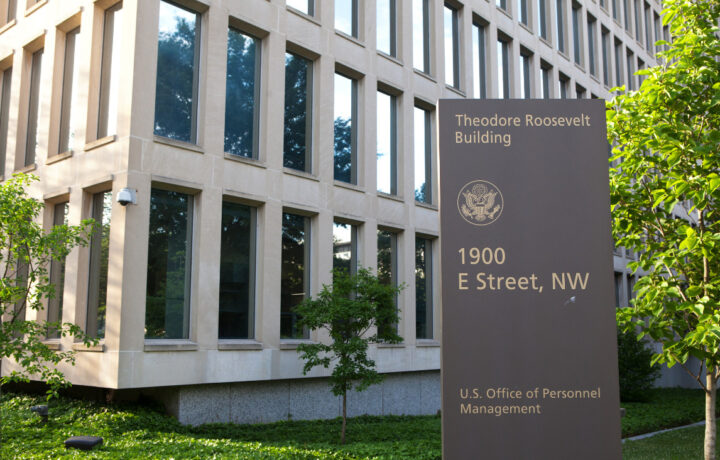The Office of Personnel Management (OPM) recently issued final regulations for the Fair Chance to Compete Act of 2019. This Act determines when a hiring agency can request information typically collected during a background investigation from a Federal employment applicant.
“If you have the qualifications, skills, and willingness to serve the American public, you deserve a fair chance to compete for employment within the federal government,” said Kiran Ahuja, OPM Director. “America is a nation of second chances and every person deserves to be treated with dignity and respect.”
This Act becomes effective October 3, 2023 and prohibits federal agencies and contractors from requesting an applicant’s criminal history information before the agency makes a conditional offer of employment to the applicant. Applicants also have a complaint process to hold federal employees accountable who violate the Act.
Historically, anyone applying for a federal job had to provide information about their felony, firearm, or explosive violations. Federal applications stated, “If you fail to tell the truth or fail to list all relevant events or circumstances, this may be grounds for not hiring you, for firing you after you begin, or criminal prosecution.”
Provisions of the Fair Chance Act were incorporated into the National Defense Authorization Act for Fiscal Year 2020 (Pub. L. 116–92), which was signed into law by the President on December 20, 2019.
Background Checks
Background checks are still required after a conditional offer is made to an applicant. The OPM Director is required to issue regulations identifying positions with respect to which the prohibition shall not apply giving due consideration to positions that involve interaction with minors, access to sensitive information, or managing financial transactions, beyond those already identified in the statute.
Suitability Determination
The OF 306, Declaration for Federal Employment, is used to assist OPM and Federal agencies in determining a person’s suitability for employment as well as to provide other information that is required of applicants. Applicants must answer the questions on the form before they can be appointed or converted to a new appointment in the competitive, excepted, or Senior Executive Service.
For most of the information on the OF 306, agencies may determine the timing of the collection of the OF 306 in the application and hiring process; however, unless permitted by law, they may not ask applicants to answer the questions on the form that address criminal history information until a conditional offer of employment has been extended.
Further, unless they have been granted an exception by OPM, agencies may not ask individuals to complete the question that relates to credit history.
Most applicants must complete the form after a conditional offer of employment has been made.
Widening the Applicant Pool
Many applicants with criminal records were excluded early in the application process. Agencies are still permitted to make an objection, pass-over request, or suitability determination based on criminal or credit history record information. However, this can be done only after the applicant’s qualifications have been fairly assessed, and the hiring agency has made a conditional offer of employment to the applicant.




